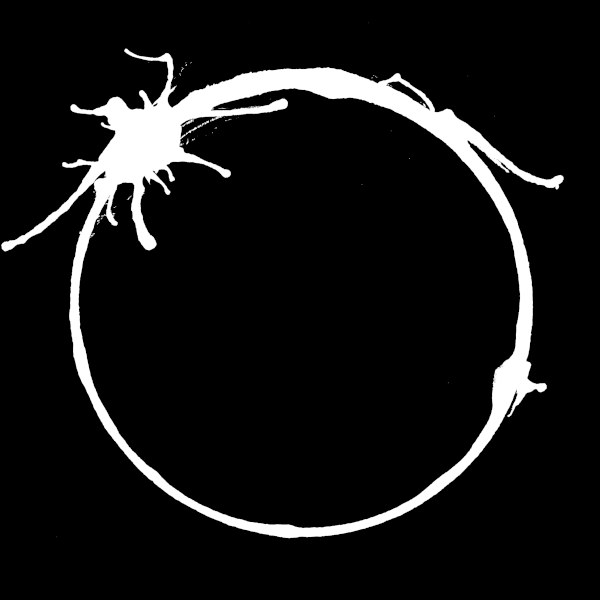I haven’t had any luck in finding sci-fi books recently. I’m looking for a longer story that takes its time to establish the world/universe and the characters living in it. I like the idea of exploring space or futuristic cities/landscapes and being on a journey together with the protagonist. The story doesn’t have to have a happy end or flawless characters, but I also don’t like it when everything is hopeless/dystopic and all the characters stumble from one flawed decision to the next one. Some examples of what I enjoyed so far are:
- Dune
- Project Hail Mary
- The Expanse Series
- Hyperion Cantos Series
- Bobiverse Series
- The Murderbot Diaries Series
- Tuf Voyaging
- Night’s Dawn Series (Might not be for everyone… contains excessive violence and some smut, but also some very interesting ideas)
- Vatta’s War Series (I usually don’t like military sci-fi, but this one wasn’t bad)
- The Interdependency Series
- Falling Free
If you enjoyed some of these stories and have any similar suggestions, feel free to share them here. If not, maybe consider checking out the list above… I highly recommend each of these entries.


You might enjoy Larry Niven’s “Known Space” series? It’s less one long story than many, many stories (some more interconnected than others) set in the same universe, but there’s a lot of it. Some stories are darker than others, but overall the tone is optimistic and the characters have their flaws but don’t suffer from the “stumbling from one flawed decision to the next one” problem.
I suspect some of the stories won’t have aged well, given some of them were written over 50 years ago, but Niven plays with a lot of interesting ideas, and I have never encountered a sci-fi author that writes genuinely alien aliens the way he does. There’s also lots of exploring space, futuristic cities, and alien landscapes.
Currently, I’m looking for longer stories, but I’ll definitely come back to your suggestions at some point. Thanks!
I’ve only read Ringworld from that list (earlier this year). The story did a cool job of introducing the concept of an orbital ring and giving it a sense of scale, plus introducing some other cool concepts/ideas. It also introduced more species and planets and technology that made sense for a big Star Wars-like space opera book series. It was definitely dated as far as how female characters were written, though.
I thought Consider Phlebas did a better job of using a Ring World without it being the whole plot on its own, but I suppose Ringworld had to walk so others could run with it.